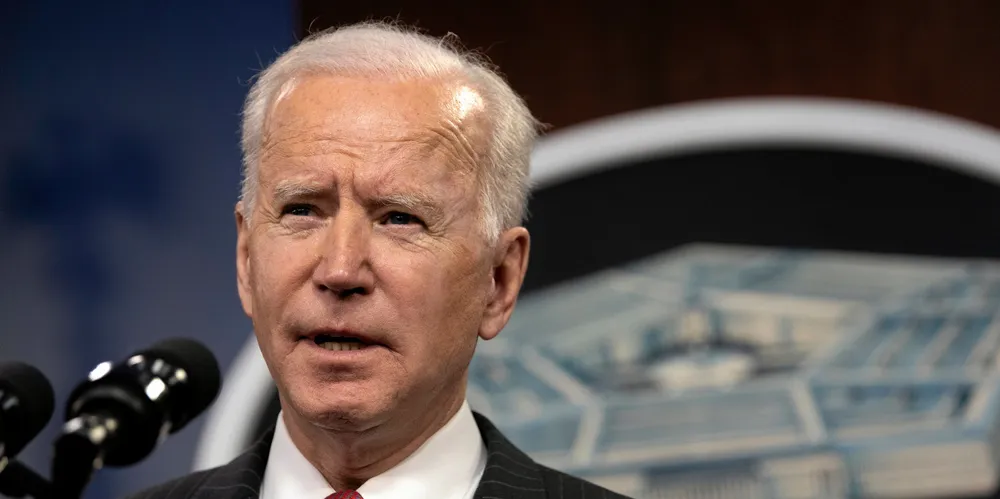US, EU and Britain going backwards on net zero policies, says BloombergNEF
World’s 20 largest economies increased scores by just 1% on average in latest BNEF analysis

World’s 20 largest economies increased scores by just 1% on average in latest BNEF analysis
